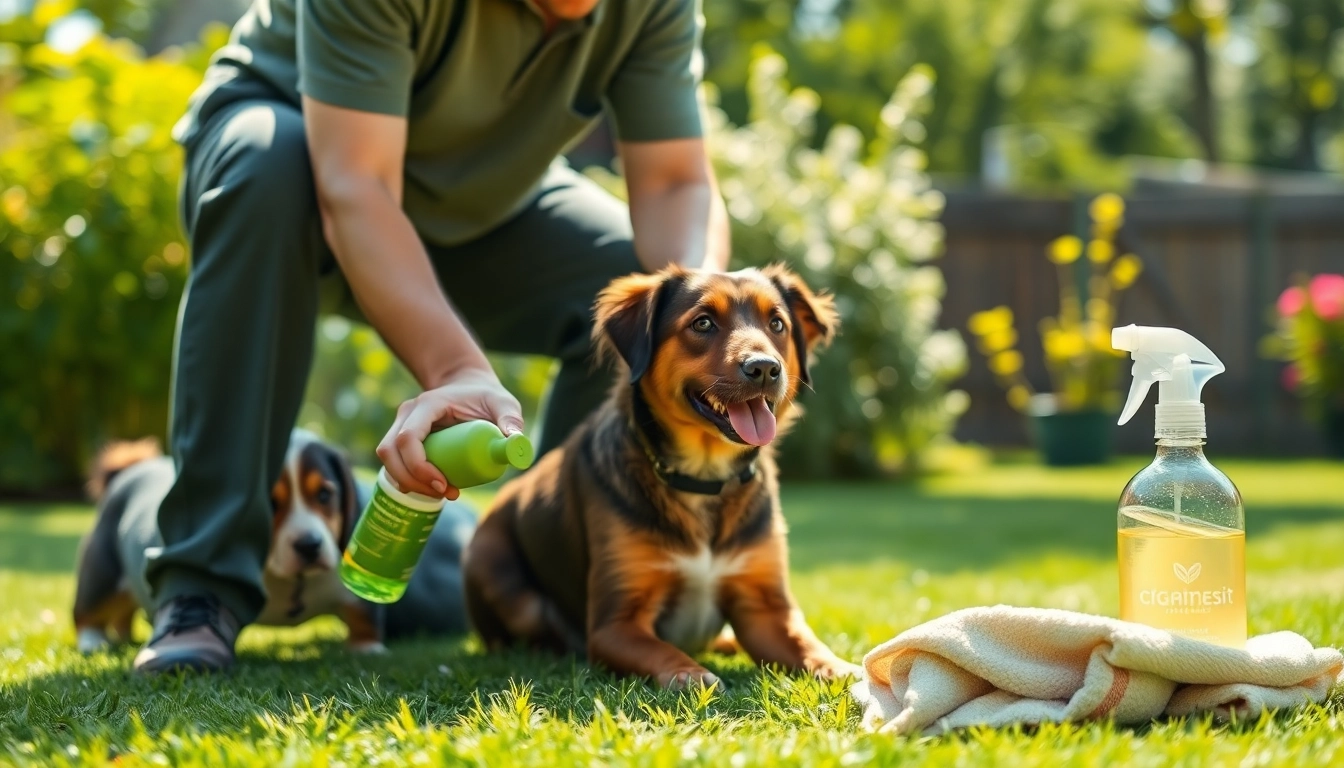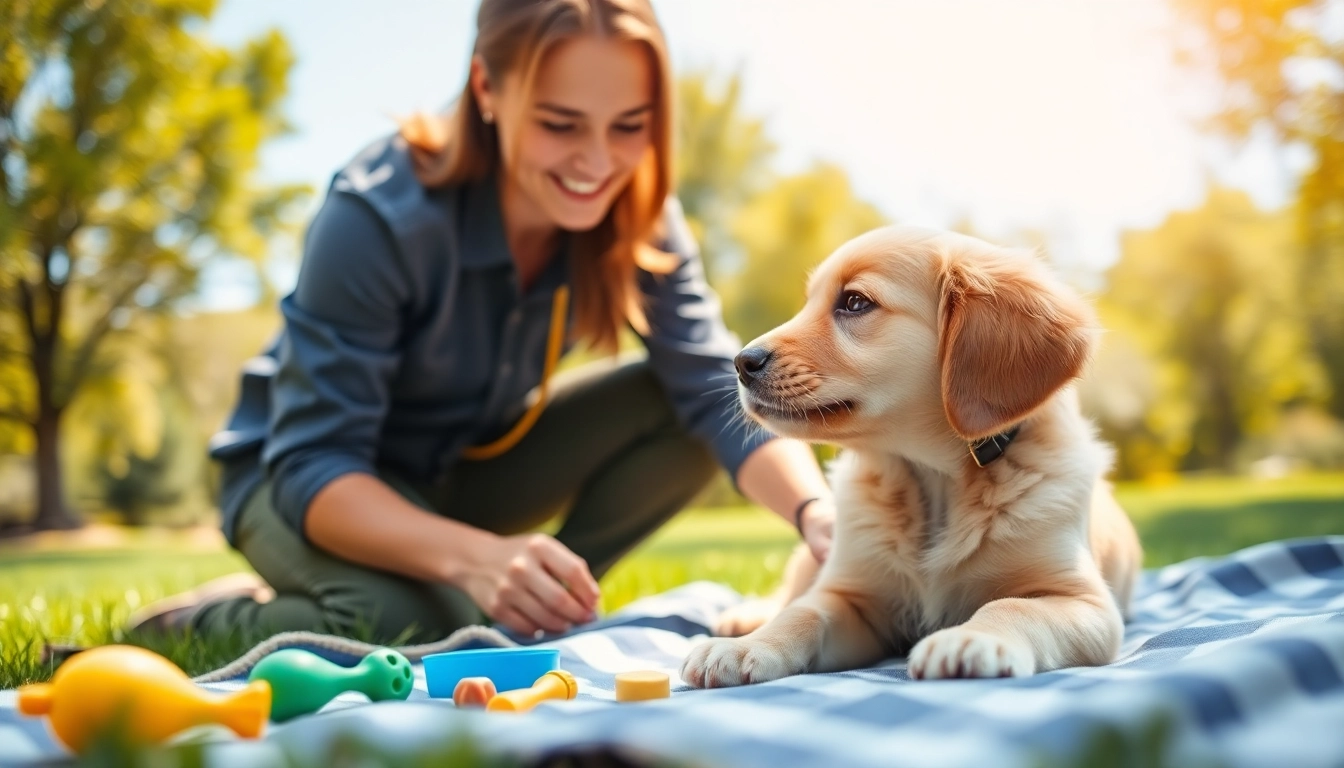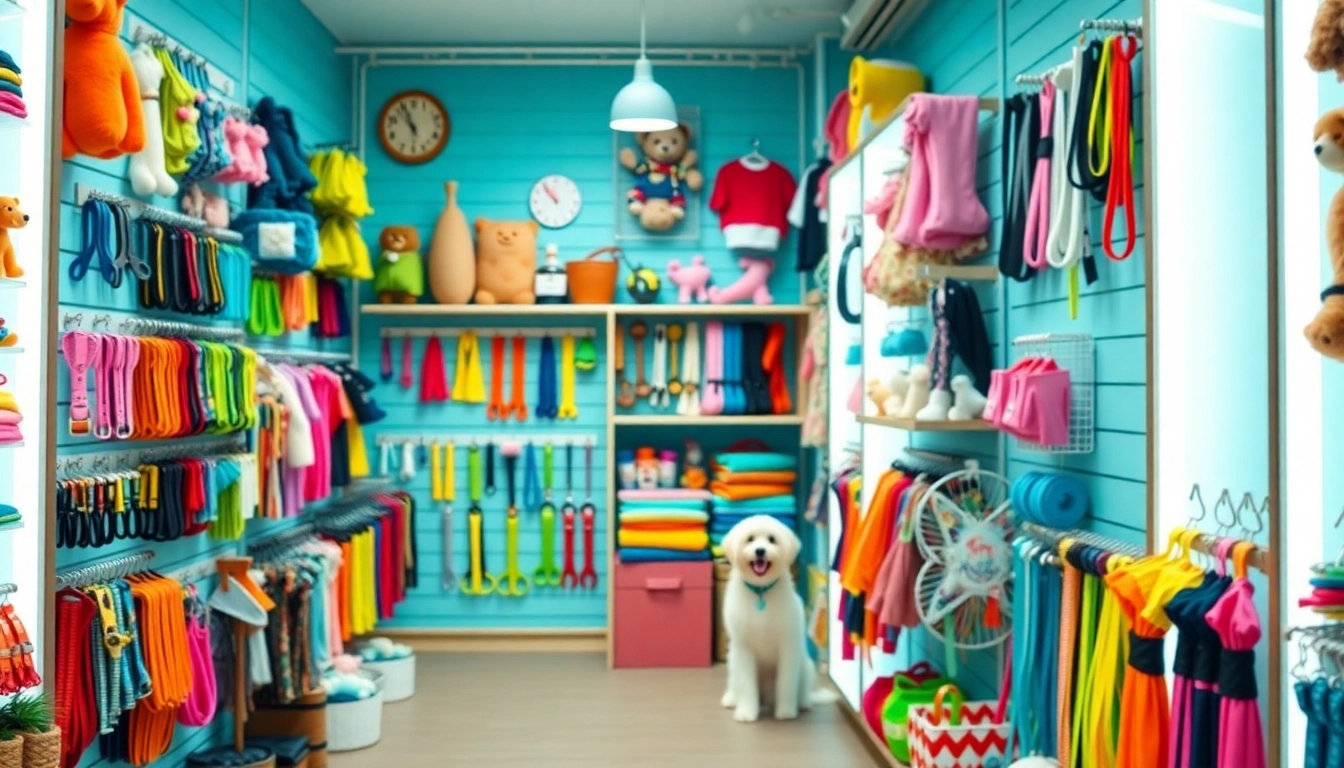Understanding the Causes of Dog Urine Smell
The presence of dog urine smell can be a frustrating issue for any pet owner. Understanding the root causes of this odor is the first step toward effectively addressing it. A variety of factors can contribute to persistent odors, and in this section, we’ll explore the most common reasons, how urine interacts with different surfaces, and the signs that indicate problematic areas requiring immediate attention.
Common Reasons for Persistent Odors
Dog urine smell often arises from the unique chemical composition of urine, which contains waste products such as urea, creatinine, and uric acid. When a dog urinates indoors, these compounds can seep into surfaces, leading to long-lasting odors if not properly treated. Persistent odors may occur due to:
- Full Bladder: When dogs hold their urine for too long, the urine becomes more concentrated and pungent, resulting in stronger odors.
- Medical Issues: Health problems like urinary tract infections (UTIs) can cause a dog’s urine to produce a stronger smell.
- Dietary Factors: Certain foods, especially those high in protein or certain additives, can intensify the smell of urine.
- Lack of House Training: Puppies and untrained dogs may not have established regular potty habits, increasing accidents indoors.
How Urine Affects Different Surfaces
Understanding how dog urine interacts with various surfaces is critical to addressing the problem effectively. For example:
- Carpet: Urine can penetrate deep into carpet fibers and padding, making it challenging to remove without specialized cleaning techniques.
- Wood Floors: Wood is porous and can absorb urine, leading to both odors and potential damage if not treated promptly.
- Concrete: Urine can seep into concrete, and the rough texture can trap odor-causing compounds, making them hard to eliminate.
- Fabric Furniture: Upholstered furniture can absorb odors, and it is often necessary to use specific cleaners to neutralize them.
Recognizing Signs of Problematic Areas
To effectively tackle dog urine smell, it’s essential to recognize the signs that indicate affected areas:
- Visual Stains: Yellowish stains on carpets, rugs, or surfaces can indicate urine presence.
- Odor Concentration: If certain areas of your home have a stronger smell, this often points to repeated accidents.
- Bacterial Growth: The presence of bacteria will often result in a more intense odor, indicating that old stains have not been cleaned properly.
Best Practices for Immediate Odor Removal
Once you’ve identified the causes and problematic areas, it’s time to implement effective strategies for immediate odor removal. Below, we provide a comprehensive step-by-step guide on effective cleaning practices and recommend safe cleaning solutions, including natural remedies.
Step-by-Step Guide to Clean Pet Accidents
Cleaning up after your dog can be a straightforward process if you follow these steps:
- Act Quickly: The sooner you treat a stain, the better. Blot up as much of the urine as possible using paper towels or a clean cloth.
- Use Cold Water: Rinse the area with cold water to dilute the urine, but do not soak the spot; instead, continue to blot.
- Apply a Cleaning Solution: Use an enzymatic cleaner designed specifically for pet stains, as these break down the odor-producing compounds.
- Rinse Thoroughly: After applying the cleaner, rinse with cold water and blot again. Ensuring the area is well-rinsed helps to eliminate lingering odors.
- Let it Dry: Allow the area to dry completely. You can speed this up with a fan or open windows if weather permits.
Effective Cleaning Solutions and Products
When tackling dog urine smell, it’s essential to use effective cleaning solutions. Here’s a list of recommended products:
- Enzymatic Cleaners: These cleaners specifically target pet stains and odors by breaking down urine components.
- Vinegar and Baking Soda: A natural alternative involves mixing equal parts vinegar and water, applying it to the affected area, letting it sit, then sprinkling baking soda over it.
- Commercial Pet Odor Eliminators: Many products are available, so choose one that does contain safe, biodegradable ingredients.
Using Natural Remedies for Dog Urine Smell
Natural remedies can effectively help in combating the odor without exposing your pets or family members to harsh chemicals. Here are some options:
- Vinegar: As mentioned, vinegar acts as a natural deodorizer. Its acidity neutralizes ammonia in the urine.
- Baking Soda: This common household item can absorb moisture and odors. Sprinkle it on the affected area, let it sit, and then vacuum.
- Lemon Juice: The acidity in lemon juice can also help neutralize odors and can be combined with water for spraying.
Long-Term Solutions to Prevent Dog Urine Smell
While immediate cleaning is essential for odor management, establishing long-term solutions can vastly improve your indoor environment. This section discusses dog training tips, maintaining a clean environment, and guidance on when to call in the professionals.
Training Your Dog to Avoid Indoor Accidents
Training is vital in preventing dog urine smell from becoming an ongoing issue in your home. Here are some best practices:
- Frequent Potty Breaks: Take your dog outside regularly, especially after meals, playtime, and naps.
- Positive Reinforcement: Reward your dog with praise or treats immediately after they urinate outside to reinforce good behavior.
- Watch for Signs: Learn your dog’s signals for needing to go outside, such as circling, whining, or heading toward the door.
Maintaining a Clean Environment for Your Pets
Consistency in maintaining a clean home will prevent odors from developing in the first place:
- Regular Cleaning: Incorporate vacuuming and mopping into your routine, especially in high-traffic areas.
- Pet-Safe Products: Use cleaning supplies that are safe for pets and do not leave harmful residues.
- Condition of Fabrics: Regularly wash pet bedding, blankets, and any fabric your dog frequently uses to keep odors at bay.
When to Seek Professional Help
Sometimes, despite our best efforts, odors persist. Here are signs that indicate it’s time to bring in the experts:
- Persistent Odors: If you’ve cleaned multiple times and the smell remains, professional cleaning may be necessary.
- Property Damage: If urine has caused damage to flooring or furniture that DIY cleaning cannot address, seek professional restoration.
- Health Concerns: If your dog has frequent accidents and displays signs of distress or illness, consult your veterinarian.
Impact of Dog Urine Smell on Indoor Air Quality
The presence of dog urine smell can not only affect your home’s comfort but also its air quality. In this section, we’ll discuss the health risks associated with persistent pet odors, the significance of proper ventilation, and the benefits of maintaining regular cleaning routines.
Health Risks Associated with Pet Odors
Long-term exposure to pet odors can have health implications, including:
- Respiratory Issues: Odors can cause irritation to the respiratory tract, leading to discomfort in individuals, especially those with allergies.
- Allergies: When combined with other allergens, pet odors can exacerbate allergy symptoms in sensitive individuals.
- Infection Risk: Bacteria associated with pet urine can pose risks, particularly in young children or individuals with weakened immune systems.
The Importance of Proper Ventilation and Airflow
Good ventilation is crucial to maintaining indoor air quality, especially in pet-friendly homes:
- Opening Windows: Whenever possible, open windows to allow fresh air to circulate, helping to dilute odors.
- Air Filtration Systems: Consider investing in air purifiers equipped with HEPA filters to help remove pet dander and odors from the environment.
- Exhaust Fans: Utilizing exhaust fans in areas where pets are frequently present can help in removing odors from the air.
Benefits of Regular Cleaning Routines
Establishing a regular cleaning schedule not only maintains a pleasant environment but also minimizes pet odors. Benefits of such routines include:
- Aesthetic Appeal: A clean home is more inviting for guests and family members.
- Improved Health: Reducing pet odor and associated allergens leads to better respiratory health and overall well-being.
- Stronger Bonds: A clean environment fosters a more harmonious living space for both pets and their owners.
Transforming Your Home into a Fresh Space
Finally, creating an environment free from dog urine smell not only benefits physical health but also enhances your overall home experience. This section explores creating an inviting atmosphere, incorporating pet-friendly decor, and recognizing the emotional aspects of pet ownership.
Creating an Inviting Atmosphere Free from Odors
To ensure your home feels welcoming and fresh, consider the following:
- Decorate Thoughtfully: Choose materials that are stain-resistant and easy to clean.
- Incorporate Air Fresheners: Opt for natural air fresheners or essential oils that compliment your home’s ambiance without being overpowering.
- Indoor Plants: Some plants can help purify the air and provide an aesthetic appeal, contributing to a fresher environment.
Incorporating Pet-Friendly Decor Ideas
Creating a beautiful space that accommodates pets can be done with some simple adjustments:
- Washable Fabrics: Use slipcovers and easily washable textiles to protect furniture from odors.
- Multi-Functional Furniture: Invest in furniture that is both stylish and functional, such as storage solutions for pet toys.
- Dog-Friendly Zones: Designate areas where your pets can safely play without causing damage to the decor.
Understanding the Emotional Aspect of Pet Ownership
Owning a dog brings immense joy but can also come with challenges like dealing with odors. Understanding these emotional aspects can help in creating a nurturing environment. Consider the following:
- Acceptance: Recognizing that pet ownership comes with responsibilities, including odor management, is crucial.
- Connection with Nature: Pets can enhance our lives, and creating a clean environment ensures we enjoy every moment we have with them.
- Creating Positive Spaces: A fresh-smelling home can lead to a more positive mindset and enhance relationships with your pet.



